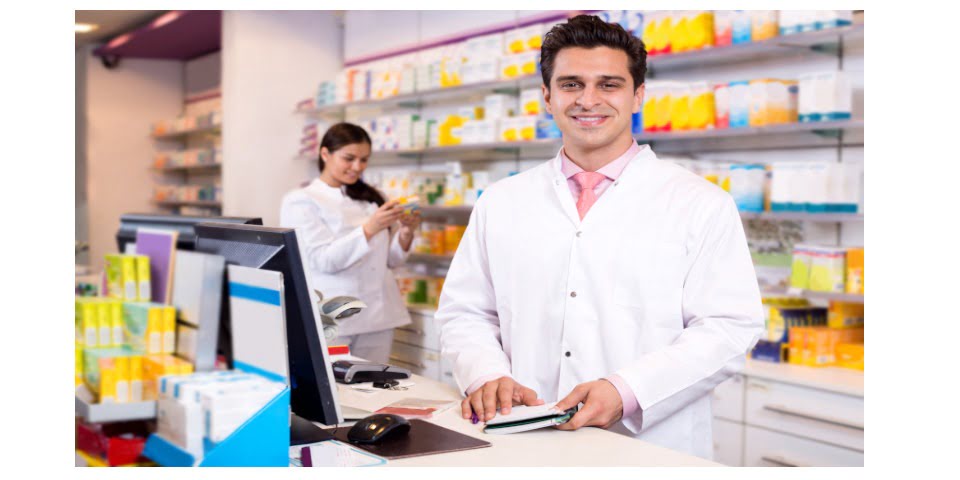The 2018 UTS Pharmacy Barometer released on May 7 found a growing level of optimism in the future of the industry.
The report found an increase in community pharmacists’ wages and positivity about the changing landscape of community pharmacy.
UTS Head of Pharmacy, Professor Kylie Williams, says the rise in remuneration demonstrates signs of improvement and wage recovery.
“We found that the hourly rate for pharmacists appears to be slowly rising. More pharmacists are earning between $40 and $50 per hour. If we compare that to the previous Barometer, that’s a 3 per cent increase.”
This positivity is reflected in the overall optimism and confidence score. The 2018 score is 99 out of 200, where a score of 100 represents a neutral level of confidence. This represents an encouraging increase of 2.6 per cent from 2017 and has steadily been increasing year on year.
Professor Williams believes pharmacists may have now seen the benefit and stability of the sixth Community Pharmacy Agreement (6CPA). She says that with more diversification of roles and the increase of provision of services, such as vaccinations, “pharmacists are more optimistic about the future of community pharmacy.”
Professional services carried out in community pharmacy are becoming more widely accepted with a one in five pharmacies now employing a dedicated pharmacist to provide services such as blood pressure checks and diabetes services. Typically these pharmacists receive higher remuneration – 52 per cent receive between $40 and $50 per hour, and 42 per cent receive between $30 and $40 per hour.
“The pharmacist’s role in the health care system is changing. In our masters program we place a strong emphasis on preparing students for future roles in pharmacy and ensure students are skilled in professional service delivery,” Professor Williams said.
The provision of vaccination services in community pharmacy appears to be well supported by pharmacists according to the Barometer with 59 per cent providing vaccinations. The price point for these services range from $18 to $38 depending on the vaccine. A very positive attitude to increasing vaccination services was seen, with 60 per cent of pharmacists indicating that they would like to see a greater range of vaccines permitted to be administered by pharmacists.
Further optimism was seen in the survey results, with 21 per cent of pharmacists confident that their pharmacy’s value would increase in the coming year.
The Barometer also looked at the integration of pharmacists into local GPs. Professor Williams said, “We saw strong support for pharmacists collaborating more closely with GPs. In fact 56 per cent support the integration of pharmacists into medical practices”.
Respondents were asked about their level of comfort in providing both information about biosimilars and dispensing them to patients. Despite ‘The Biosimilar Awareness Initiative’ implemented by the Department of Health, pharmacists’ level of confidence and preparedness to recommend biosimilar medicines has decreased by four per cent.
“Pharmacists’ confidence in providing information on and supplying biosimilars as a substitute medication decreased for this wave of the Barometer,” Professor Williams said.
The 8th wave conducted in October 2018 saw 361 pharmacists respond, with growing optimism about the future of community pharmacy. The annual study tracks the confidence and opinions of pharmacy owners and employees and investigates a topic impacting community pharmacy. This year UTS Pharmacy focused on the provision of professional services and biosimilar medications, and the level of interaction with pharmacists and local GPs.
The UTS: Pharmacy Barometer is published online here
UTS Barometer report shows services on the rise

Must Read
100 pharmacists now authorised to deliver expanded services across Qld
One hundred community pharmacists across Queensland are now fully trained and authorised to deliver expanded health services as part of the Queensland Community Pharmacy...







